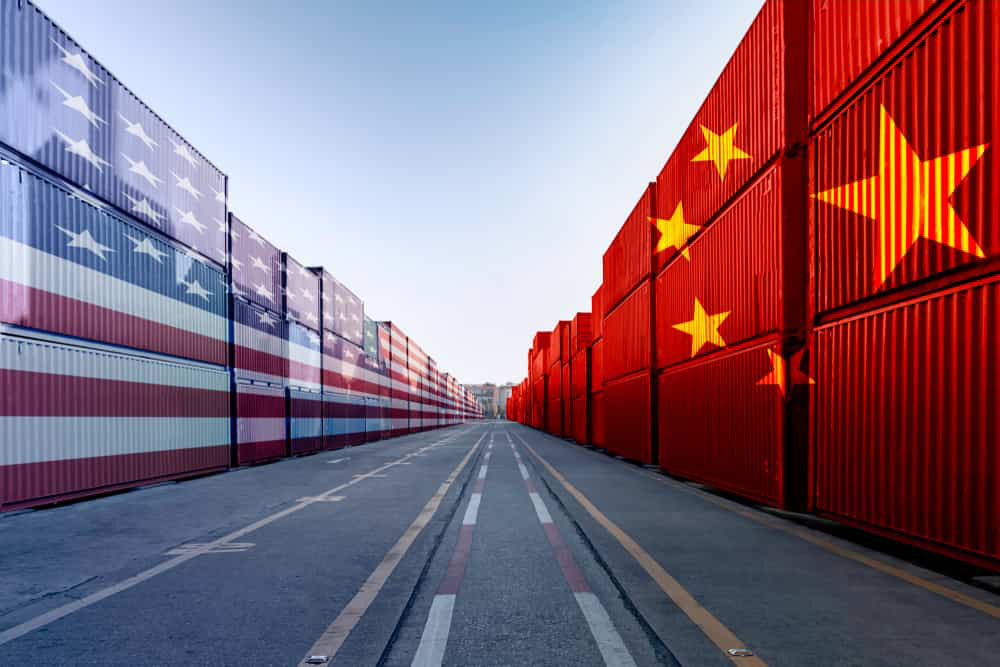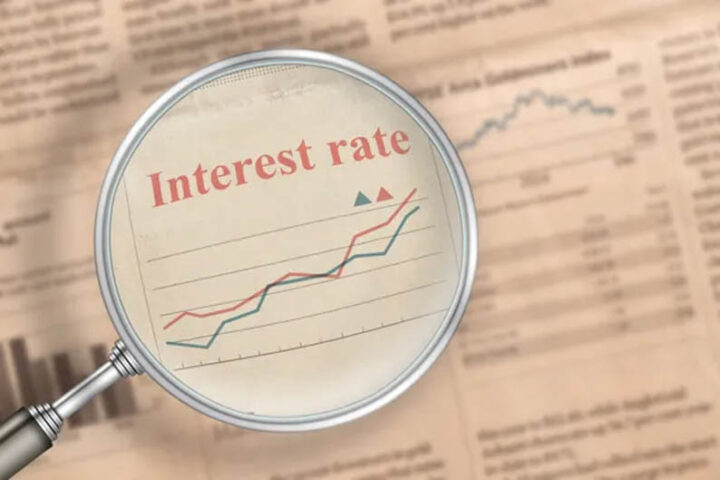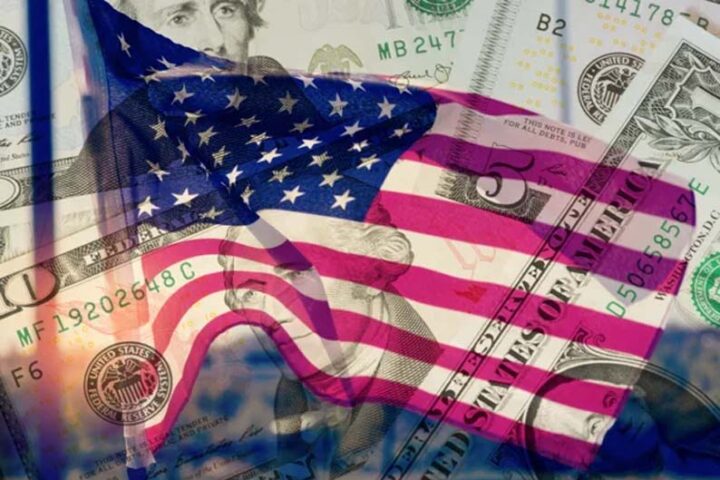U.S.-China trade relations were given a significant boost over the weekend and this should act as a “monumentally loud” wake-up call for investors, according to a leading financial advisor.
The two nations reached a tentative agreement on Friday to allow U.S. regulators to inspect the audits of Chinese companies whose stocks are traded on American exchanges.
In a long-running row, U.S. regulators had vowed to remove Chinese companies off U.S.-based stock exchanges if China doesn’t allow inspections.
“This is unambiguously positive news,” said deVere Group chief executive Nigel Green.
“Although preliminary, the agreement is a major step in the right direction towards more cordial trade relations between the world’s two largest economies,” he said.
“The timing could not have been better either, as the two nations are still trying to heal from the considerable trade rifts imposed during the Trump era.”
The deal also comes at a time when U.S.-China tensions have been heightened on other matters, including the Russian invasion of Ukraine, China’s human rights record, and U.S. House Speaker Nancy Pelosi’s recent trip to Taiwan, which China claims as its territory.
The agreement, which tries to bring an end to a decade-long dispute, has three main takeaways for the deVere CEO.
“First, China does indeed want to be a major player in the global trade and financial community. I don’t think it would go to these lengths to back out later.
“It’s a big nod to globalisation – a word used by economists to describe international flows of free trade, investment and people – which is exactly more of what we need right now to help global economic growth and battle the international cost of living crisis.”
“Second, into an otherwise largely ideological struggle between the U.S. and China, every effort must now be made to harness the power of global trade, not only for economic superiority, but for peace where it is threatened around Taiwan.”
Hot political and military heads “can be cooled”, Green said, with the promise of improving trade relations.
Second largest economy
“Third, this tentative accord reached on Friday should act as a monumentally loud wake-up call for global investors,” as a slew of investors shunned the world’s second-largest economy in recent months.
Around $300 bln could exit the country this year, more than double last year’s outflow of $129 bln, according to forecasts by the Washington-based Institute of International Finance.
Investors claim a myriad of reasons for pulling out, including unpredictable regulatory crackdowns, Beijing’s strict zero-Covid policy and China’s jittery – yet critical – real estate sector.
“Investors should take a zoomed-out perspective on China if their primary objective is capital growth,” said the deVere chief.
“China is transitioning from an export economy to a consumption one, that, ultimately, will be more sustainable. As China moves up the value chain, it is directly acquiring more and more foreign brands, market networks and technologies that will further strengthen its position for global investors.”
Green added that there’s still enormous potential for growth, as China’s urbanisation strategy is still in its infancy and the scope is massive.
“Plus, the reform of state-owned companies could blow apart monopolies and create major investment opportunities.
“In addition, officials will likely roll out broader stimulus packages to shield against the worst effects of lockdowns and other restrictions.”
The deVere CEO concluded that under terms of the new agreement, the U.S. inspectors could see complete audit work papers of Chinese companies with no redactions.
“This is big news for investors. Those who want to build long-term wealth should be less emotionally reactive and keep an open mind on the opportunities in China.”








